Most of us are familiar with the idea that if ever humanity was wiped off the earth by a nuclear war, cockroaches would triumph. It’s one of the many folk legends surrounding this tenacious and generally despised insect. But is it true? Cockroaches may be great survivors, but are they really that tough? In this post, we’ll be looking at some cockroach facts and myths.
Table of Contents
Cockroach facts
Even if you loathe them, there’s no denying that cockroaches are remarkable creatures. Here are a few cockroach facts you might find some of them hard to believe.
Cockroaches really can survive without a head
Because cockroaches take in air through tiny holes along the sides of their bodies, they don’t need their heads to breathe. They do need heads to eat or drink, a headless cockroach will eventually succumb to thirst. How long can a cockroach live without its head? A week or so, maybe a little longer in humid conditions.
The largest cockroach
The best-known large cockroach is the Madagascar hissing cockroach, they grow to about 8 cm by around 3 cm. These are the ones that some people keep as pets (yes, really!). The rhinoceros cockroach, also known as the giant burrowing cockroach, is the world’s largest cockroach, reaching up to 9 cm and weighing in at nearly 40 grams.
Cockroaches can trigger asthma
Are they dangerous to our health? Cockroaches contain a protein that many people are allergic to and this may cause an asthma attack. The protein is shed in saliva, faeces and in the exoskeleton of the cockroach, which is shed as it grows.
Cockroaches walked the earth with the dinosaurs
And in fact even before them. The oldest roach fossils discovered so far have been dated back to 350 million years ago, which is far earlier than many dinosaur species.
American cockroaches like beer
It’s probably not just American cockroaches, many pests are drawn to alcohol, possibly because it’s a high-calorie food. In the case of beer, it’s most likely that the sugar and hops draw in the roaches.
Cockroaches can hold their breath for 40 minutes
The holes in their bodies through which cockroaches breathe are also used to regulate water. They can be opened to allow water vapour out, closed to preserve it in dry conditions, or in the case of the roach being submerged, closed to protect them from drowning. Can cockroaches swim? Not exactly, but some species can float, so it’s possible for them to come into your house through drains.
Cockroach cant survive the cockroach control service!
Cockroaches may be tough to deal with, but the professional cockroach service will surely eradicate them!
Call usWhy are they called cockroaches?
The English name is believed to be a mispronunciation of the Spanish cockroach name, which is Cucaracha. You’ve probably heard the word in the Mexican folk song ‘La Cucaracha’, which is about a cockroach that can’t walk. The Latin name for this insect family is Blattodea, which means ‘insect which shuns the light’.
Can a cockroach crawl into someone’s ear?
It’s possible, though very rare. Ears canals are tiny spaces, dark and humid, so have the basic conditions cockroaches seek. Also, disgustingly, it’s possible that cockroaches might regard ear wax as food. There are almost no instances recorded of this happening, though, so it’s probably best to move on from this one.
Baby cockroaches are born white
Cockroaches are born soft, and it’s their exoskeleton that appears darker. Young cockroaches moult frequently as they grow and when they do, again, they’ll appear white.
Cockroaches can live a long time without food
They’re cold-blooded insects, so they don’t need a lot of energy. How long can cockroaches live without food? Up to a month. The good news is they can only survive without water for a week or so.
Cockroach myths
While it’s true that cockroaches are great survivors, some of the stories about their resilience have been somewhat exaggerated. There are also a few other things that are generally stated about cockroaches that turn out not to be accurate. Here’s a debunking of some of the most common cockroach myths.
Can cockroaches survive a nuclear blast?
No, they can’t. At least certainly not at ground zero. Temperatures above 50 Celcius will kill cockroaches, and a nuclear explosion generates a lot more heat than that. It is true that cockroaches, alongside other insects, can tolerate radiation levels that would kill humans. That’s because their cells reproduce more slowly, and it’s when dividing that cells are most vulnerable to the harmful effects of radiation. Also, human organs and tissues are more complex, so mutations are more likely to cause harm.
Are you dealing with a pest infestation?
You don't have to be alone in the battle against pests. Hire a professional pest expert!
Call usCockroaches only invade dirty homes
This is simply untrue. Cockroaches will enter any home they can get into. It is true that in a home where less attention is paid to cleanliness cockroaches are likely to find food more easily and are more likely to breed to large numbers before they’re spotted. Keeping your home clean will provide some degree of protection, but a cockroach invasion can happen to anyone.
Cockroaches are hard to kill
Okay, so drowning them isn’t going to work and cutting off their heads doesn’t help in the short term. Cockroaches do have natural predators, though, most notably centipedes and certain species of wasps, as well as cockroach exterminators. Roaches can become resistant to insecticides, but pest professionals have access to insecticides that kill cockroaches very efficiently. Repeat treatments may be needed as insecticides don’t kill cockroach eggs.
Cockroaches can live for decades
Not decades. The average lifespan varies according to the species but ranges between a few months and a couple of years. During that lifespan, a single female cockroach can lay an awful lot of eggs. The female German cockroach lays around 50 eggs a month in one single egg sac and an average of 350 eggs in a lifetime. If you see a cockroach, act fast!
If you have a cockroach infestation in your home, you would 100% know about it
Cockroaches are nocturnal so that you won’t see them in the daytime. You might spot eggs, droppings or notice an unpleasant odour, but these things are easier to spot when the infestation has become severe and more difficult to treat. As a householder, your best approach is to be aware that any property is potentially vulnerable to roaches. Sealing tiny cracks, keeping food secure and cleaning regularly are the best ways to prevent cockroaches from setting up their home in yours.
Cockroaches bring you bad luck
Oddly enough, in some cultures, cockroaches and their eggs are said to be bringers of good luck. There’s no reason to believe this is true. On the other hand, while a cockroach invasion may be a misfortune, they don’t have supernatural powers to bring disaster. But then diseases from the bacteria they carry, or asthma if you happen to be allergic to them, are unfortunate enough events.
Having a cat or a dog can keep cockroaches away
Cockroaches don’t dislike cats or dogs and won’t be threatened by their presence. It’s possible that your pet might eat the odd roach but just as likely that scraps in food bowls or the presence of a litter tray will provide a food source for cockroaches. Yes. The litter tray. Cockroaches really aren’t fussy eaters.
Cockroaches do not need to breathe
Oxygen is required for the cockroaches, so they must breathe. It’s just that they don’t have lungs or nostrils as we understand them, just small openings along the side of their body.
Cucumbers can keep cockroaches away
There’s no evidence to suggest that cockroaches dislike cucumber or the smell of cucumber, so laying strips of cucumber around your kitchen will not deter them. In fact, laying strips of any food around your kitchen is a really good way to attract cockroaches and other pests.
Fabric softener kills cockroaches and is a good DIY pest control method
The idea behind this myth is that the fabric softener will block the tiny holes through which the cockroach breathes. It would probably work…eventually. But only if you sprayed it directly onto the cockroach. Spraying fabric softener around cockroach runs or entry points will have no effect.
Takeaways
- Cockroaches are tough. They need little food, conserve water efficiently and can even live without their heads. But they would not survive a nuclear blast.
- Most DIY methods recommended to kill cockroaches are ineffective at best, and some methods will actually attract them.
- Roaches can become resistant to pesticides, but there are formulas that will kill them effectively.
- Repeat treatments may be required to eradicate severe cockroach infestations, as insecticides don’t kill the eggs.
- Any home can be invaded by cockroaches. Reduce risks by sealing entry points, storing food in plastic containers and keeping food storage and preparation areas clean.
- Cockroaches can lay up to 50 eggs a month. If you see even one, there are probably more, so take action to eradicate them quickly.
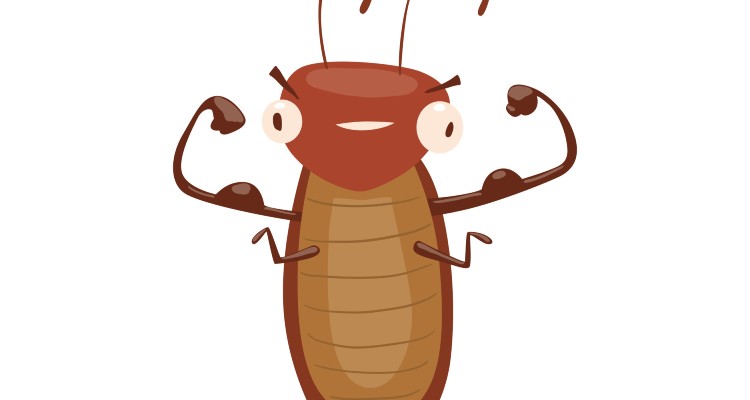

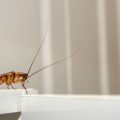


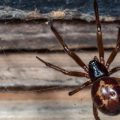
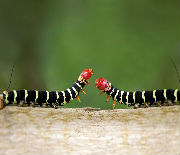
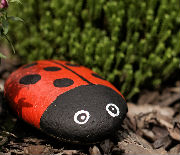
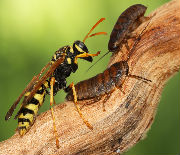
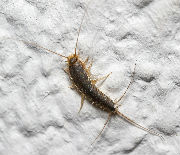
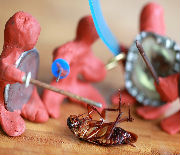
wow thanks soo helpful for school project